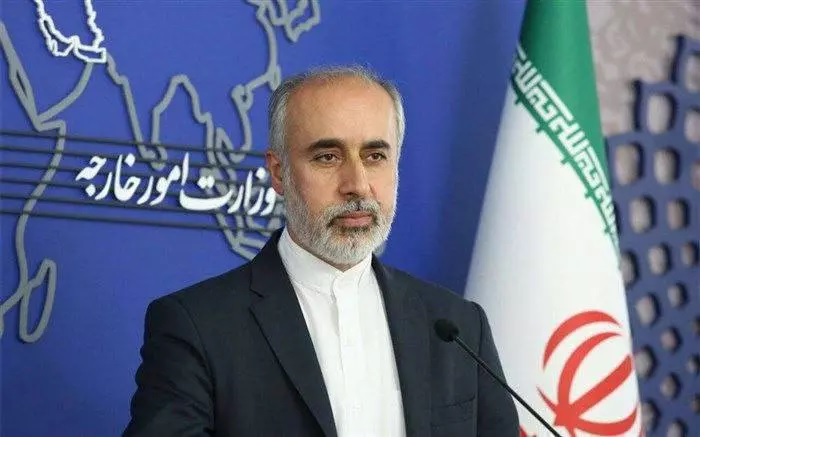Alwaght- Iranian Foreign Ministry spokesman Nasser Kan'ani says the tragedy of the deadly chemical attack on the Iraqi city of Halabja in 1988 is a bitter example of the West's double standard policies on human rights.
Kan'ani made the remarks in a post on his official X account on Friday on the occasion of the 36th anniversary of the chemical attack on Halabja by former Iraqi dictator Saddam Hussein.
On March 16, 1988, Saddam Hussein's regime used chemical weapons in Halabja, home to Iraqi Kurds, who had joined with Iran in fighting Saddam. According to reports, 5,000 people, mainly women and children, were killed of mustard gas and sarin poisoning, and up to 12,000 have died since because of chemical exposure.
Marking the anniversary of the Baath regime's "brutal attack" against the "defenseless" people of Halabja, he said it was the day "when the fate of a city was decided in a few seconds and more than ten thousand people died due to inhalation of poisonous and forbidden gas."
"Reflecting on the tragedy of Halabja within the scope of history becomes particularly more poignant when we recall that the Iraqi Baath regime acquired the ability to produce gas and chemical bombs with the help of some European countries," he said, noting that the regime repeatedly used them during the 1980-1988 imposed war on Iran despite the prohibition of using such inhumane weapons.
He slammed the "hypocritical and unfair" behavior of some Western countries and Saddam's supporters towards the use of chemical weapons.
"According to reports published by the United Nations, Saddam's regime has used chemical weapons more than 350 times during the war with the Islamic Republic of Iran," Kan'ani emphasized.
However, he said, international bodies and the so-called claimants of human rights only issued "worthless" statements vis-a-vis such inhumane behavior and ultimately they "asked Iran to adhere to international laws and regulations!"
Those countries that encouraged Saddam to carry out a military attack on Iran and provided him with international and political support as well as intelligence information, are now claiming to defend human rights with an "astonishing lack of moral restraint," the spokesman added.
He lashed out at these countries for remaining silent vis-à-vis Israel's genocide and massacre of more than 31,400 Palestinian civilians, including women and children, over the past five months.
Kan'ani emphasized that the Iranian nation would never forget the "absurd and baseless" words and duplicitous behavior of the false claimants of human rights in some Western countries towards the country.
The US, the UK, Germany, Italy, and Holland were among the countries providing Saddam Hussein’s Ba’athist Iraq with the equipment and material to build chemical weapons.
Iraq made the most of its acquisitions by launching over 350 large-scale gas attacks along the Iran-Iraq border between 1980 and 1988 on soldiers and civilians alike.
The northwestern Iranian town of Sardasht was just one of the civilian areas to experience the devastating effects of mustard gas and nerve agents.
Other Iraqi dirty strikes on Iran after Sardasht were carried out in March 1988 in villages around the city of Marivan, and in May-June 1988 in villages around the cities of Sarpol-e Zahab, Gilan-e-Gharb, and Oshnavieh.



























